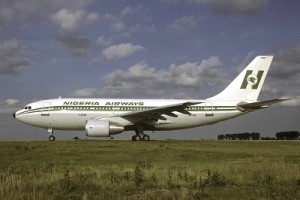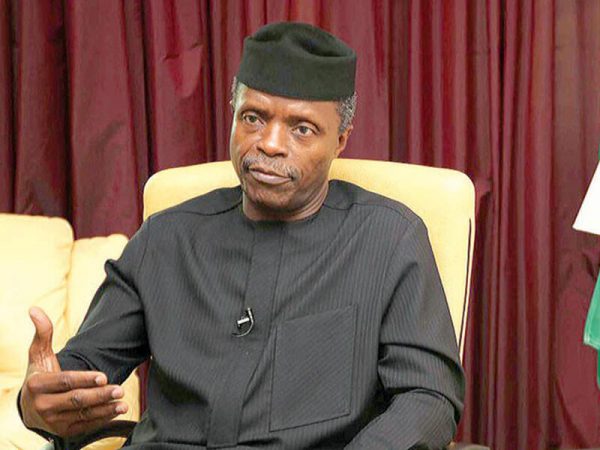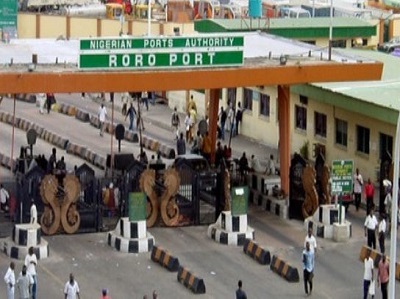Nigerian Airlines Accused Of Exceeding Expatriate Quota
 Many of the over 450 Nigerian pilots and engineers who are unemployed have alleged that Nigerian airlines are exceeding the expatriate quota, which stipulated a specific number of foreigners the airlines should employ.
Many of the over 450 Nigerian pilots and engineers who are unemployed have alleged that Nigerian airlines are exceeding the expatriate quota, which stipulated a specific number of foreigners the airlines should employ.
The Nigerian Immigration Service monitors and ensures that airlines do not exceed the given number but over the years, there have been allegations of abuse of such quota.
Besides, immigration officials have accused some of the airlines of employing expatriates to do jobs that could be handled better by Nigerians.
It is estimated that Nigerian airline spend $200 million per annum to remunerate these expatriates but the indigenous pilots accuse the airlines of not engaging them to build their flight hours with the local carriers for them to grow, develop and train to be captain despite the huge amount of money they pay to these expatriates.
However, the airlines have always argued that they would have preferred to have indigenous pilots and engineers but there are not many Nigerians who have the requite qualifications to carry out these responsibilities hence they have to engage expatriates.
The airlines noted that they are paying for skills that are not common and therefore they could not be said to be losing.
According to them, it could be cheaper to engage indigenous technical people but ironically Nigerian pilots and engineers tend to travel to Middle East and other parts of the world to get jobs. The airlines explained that whenever they engage indigenous pilots, they do not stay long, stressing that rather after about six months to a year, they start agitating to leave, even when they have been trained by the airlines.
A senior immigration official disclosed these that the airlines actually abuse the expatriate quota but an airline executive said airlines do not exceed the quota because Immigration is too strict in checking airlines employment of foreigners, while there are no enough pilots in the country.
“Immigration is very strict in checking such abuse. Besides, the countries where the expatriates are coming from particularly checks the quota before allowing their citizens to travel. We cannot say we are losing because we are utilising the skills they offer us as we know that we do not have indigenous skills that are required. We do not have many pilots, engineers, aviation accountant, aviation human resources and others,” said the airline official.
The official also said that the government must create incentives, enabling environment to develop human capital in collaboration with the private sector in the industry.
But the Immigration official also observed that some of the expatriates are not as good as they claim, saying “some of them come to learn in Nigeria but because some investors want to see their people, they insist in having them. But I know many airlines exceed their quota.”







